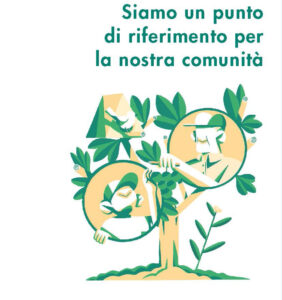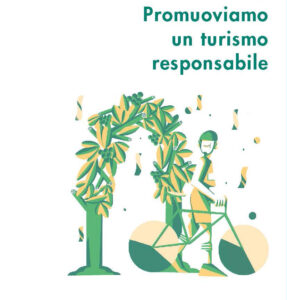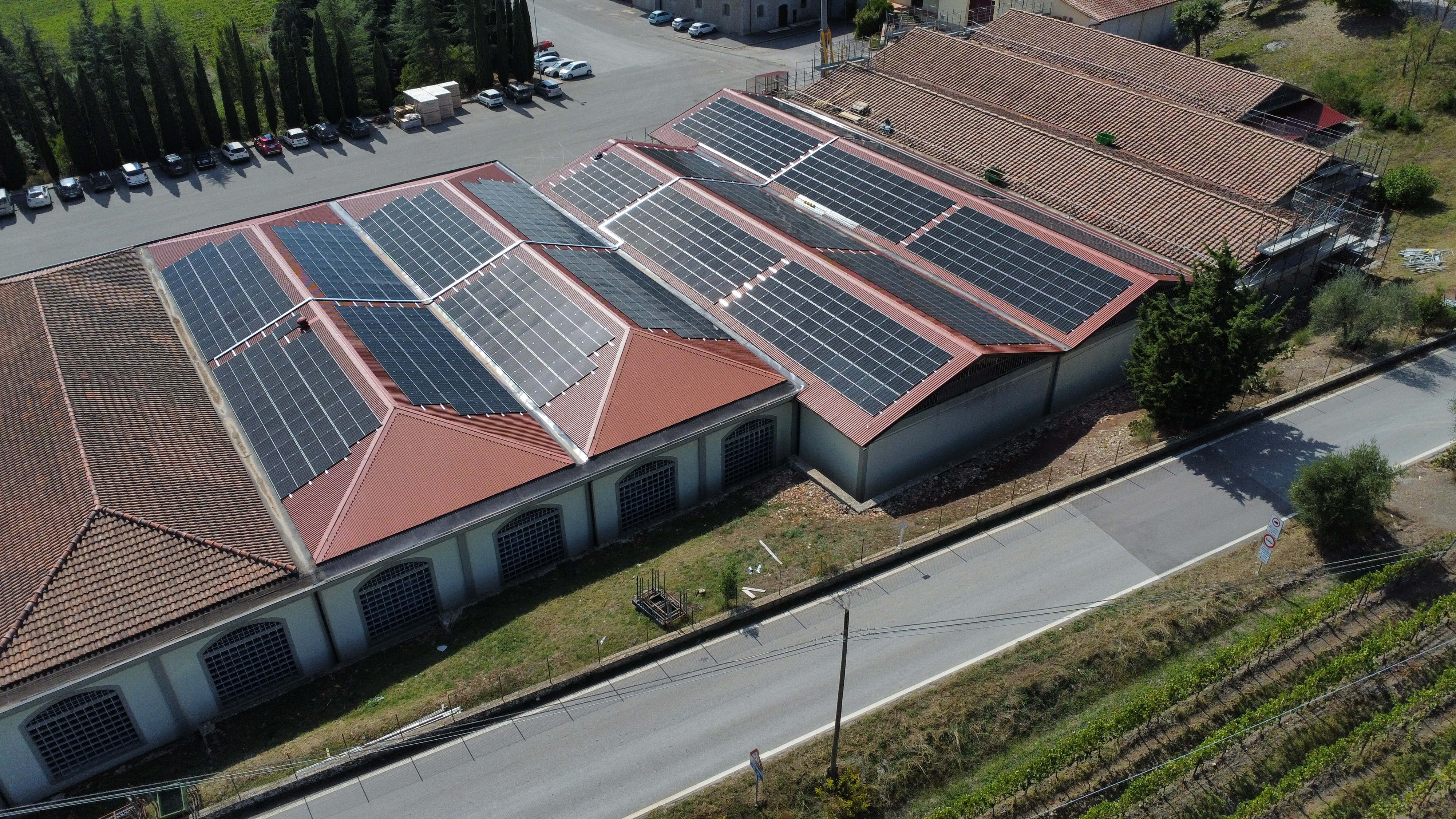
Here is the ‘Chianti Classico Sustainability Manifesto’ (Manifesto di Sostenibilità del Chianti Classico)
14 June, 2024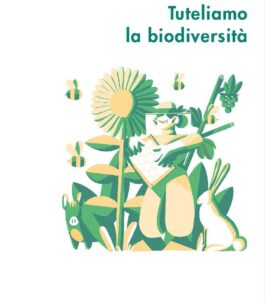
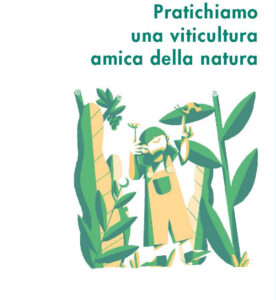
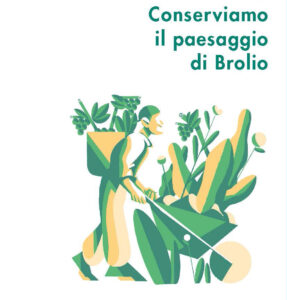
The ‘Chianti Classico Sustainability Manifesto’, presented on 14 May during the Consortium’s centennial celebrations, represents a key step for the future of our region. The document comprises 57 rules, divided into three macro-areas: environmental, social and cultural sustainability. Not a simple declaration of intentions, but “guiding rules from which winegrowers will be able to choose those that best suit their characteristics,” explained Carlotta Gori, Director of the Consortium, and which outline a very precise path: “We are certain that our winegrowers, who have always been custodians of the environment, will embrace the Manifesto and act on it enthusiastically until it becomes the true certified guideline of sustainability for our region and its production.”
For Ricasoli, certified since 2020 according to the Equalitas standard, many of these practices are already part of a constant, daily commitment. On the environmental front, over the last thirty years, precision farming has been practiced wholeheartedly at Brolio, often exceeding the parameters defined by organic farming. Certification has only attested to the effectiveness of the good practices pursued over time. The protection of biodiversity and of the great woodland heritage that characterizes the Brolio estate and the Chianti Classico area is also placed at the center. A study, commissioned in 2022 by a specialized company, proved that this area of 880 hectares, 73% of the estate’s surface area, proved to be fundamental in the drastic reduction of CO2 emissions: Brolio’s woods make it possible to reduce significantly the estate’s carbon footprint.
Francesco Ricasoli says: “Sustainability has always been a core value for our company. As of today, we have committed to making the guidelines of the Chianti Classico Manifesto even more our own along a path on which we have, in many ways, been pioneers. Our most recent projects include the construction of a 500-kWh photovoltaic system to produce even more clean energy in the near future, the use of lighter bottles, and the adoption of cutting-edge technologies that allow us to save water, fertilization, and treatments. These are just a few examples of our concrete commitment.”
“Also on the employee welfare front,” he continues, “I am particularly proud that our company has been recognized every year by the “Welfare Index” of Italian SMEs, reaching 1st place in the Agriculture sector in 2022.” And on the social sustainability front, the second pillar of the Manifesto, Ricasoli most certainly plays its part: it is the most important employer in the area, a landmark in the Gaiole community and, at the same time, it welcomes 63 workers from 13 different countries, who are offered accommodation in case of need.
To this end, old farm buildings on the property have been restored. Thus, at Brolio, the utmost attention is paid, not only to the vineyards and the preservation of the vast woodland heritage, but also to the maintenance of the landscape that characterizes Chianti Classico: white roads, avenues of cypress trees, dry-stone walls, in full respect of the tradition and ancient farming culture of these places and in line with the objectives of the Manifesto. The cultural sphere is the third important area considered within the Manifesto, not least because of the ongoing process for the UNESCO recognition of ‘The Chianti Classico Farmhouse System’. This is a set of 341 protected historical sites and more than 150 ‘farm-villas’, the cultural value of Chianti, in an agricultural and landscape system preserved over the centuries thanks to the farms.
“It will be important and involve everyone at Brolio,” concludes Francesco Ricasoli, “to include our example of dedication to a model of viticulture that respects the environment, people and landscape while guaranteeing the quality of our wines in a broader project, such as the Manifesto, that involves the entire Chianti Classico region.”
